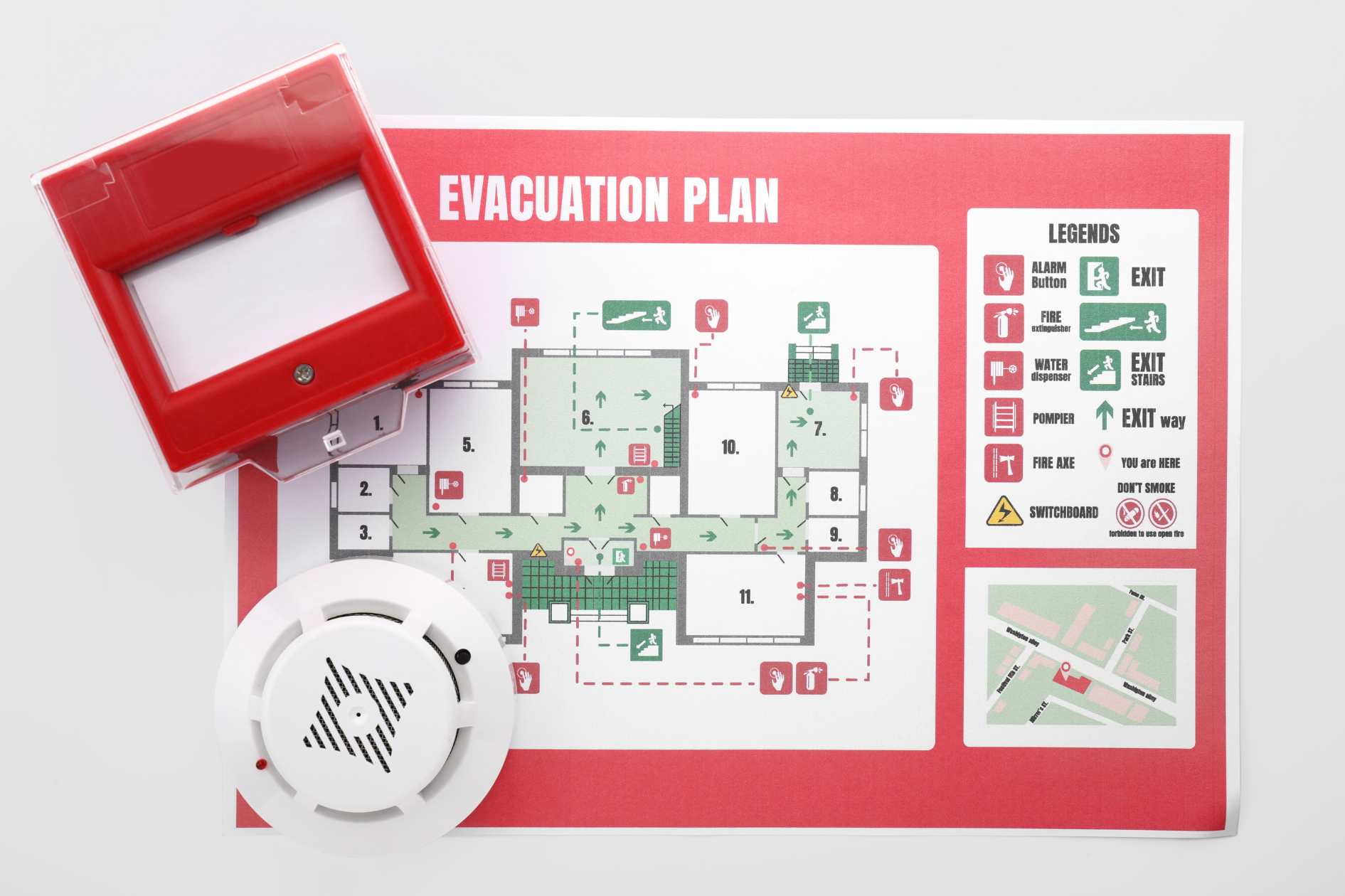Five Guidelines for Handling Difficult Conversations with Ease
Enterprizes in the Star Wars realm probably never had to worry about having difficult conversations with worker droids, because droids got on with the jobs they were programmed to perform, and faulty ones could be rebooted or replaced with better technology. But back in the real world, where the workforce is comprised of diverse, non-programmable humans with different personalities, needs, and skill-levels (among a wide array of other differences), managers have to be prepared to have difficult and constructive conversations with their staff in cases where their behavior is incompatible with the values, goals, and expected competencies of the organization.
Very few people feel at ease with confronting and working through conflict with others – in fact, the avoidance of difficult conversations have the potential to lead to dysfunction among colleagues and poor work performance, ultimately leading to financial losses. In 2017, Forbes discussed a CPP study which found that an average of 2.8 hours a week are spent dealing with conflict at work, costing organizations billions of dollars each year.
Guidelines for successful difficult conversations
It all gets a little easier with experience and the right techniques. Here is a list of some useful guidelines to assist managers/supervisors in having successful, albeit difficult conversations with their staff, when needed:
1. Identifying the need for intervention with an employee whose behavior seems to be incompatible with the values, goals, and expected competencies of the organization – before it escalates;
2. Setting specific, detailed objectives before engaging with the person on the receiving end of the conversation, with the input of relevant organizational stakeholders such as Human Resources;
3. Employing appropriate counseling techniques, consistently. Every good conversation starts with effective listening. Remember to stick to the facts and remain unconfrontational, objective, and compassionate. Remain open to involving a mediator, if necessary;
4. Keeping thorough records of all engagements and interactions with involved parties, and;
5. Ensuring prompt follow-up until the matter at hand is resolved.
Although every situation might differ in some respects, these guidelines offer a constructive framework for tailoring your approach, while the following training courses offer greater insight into the nuances involved in successfully dealing with conflict in the workplace:
Course 1: The Confident Supervisor – Difficult Conversations
Course 2: The Confident Supervisor – Managing Conflict
Course 3: How to Manage Challenging Employees
*Discounts applicable: 20% OFF, valid thru June 3rd, 2018!
“The right tools for solving disputes within our community are precision instruments such as reason, communication, empathy, curiosity, and understanding.”
– Paul K. Chappell








